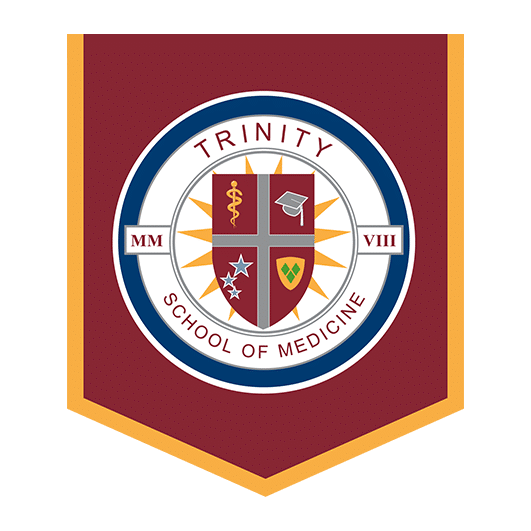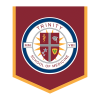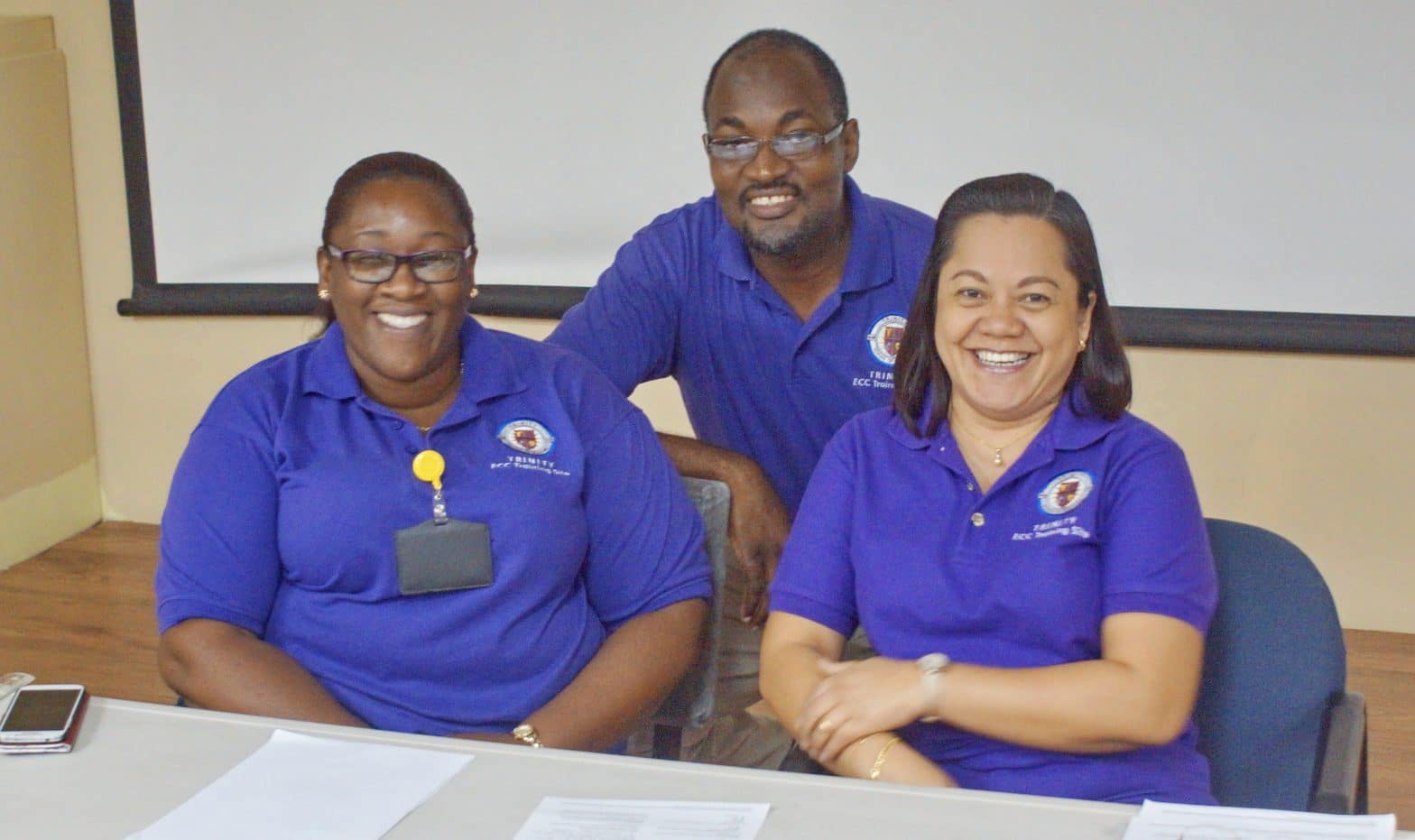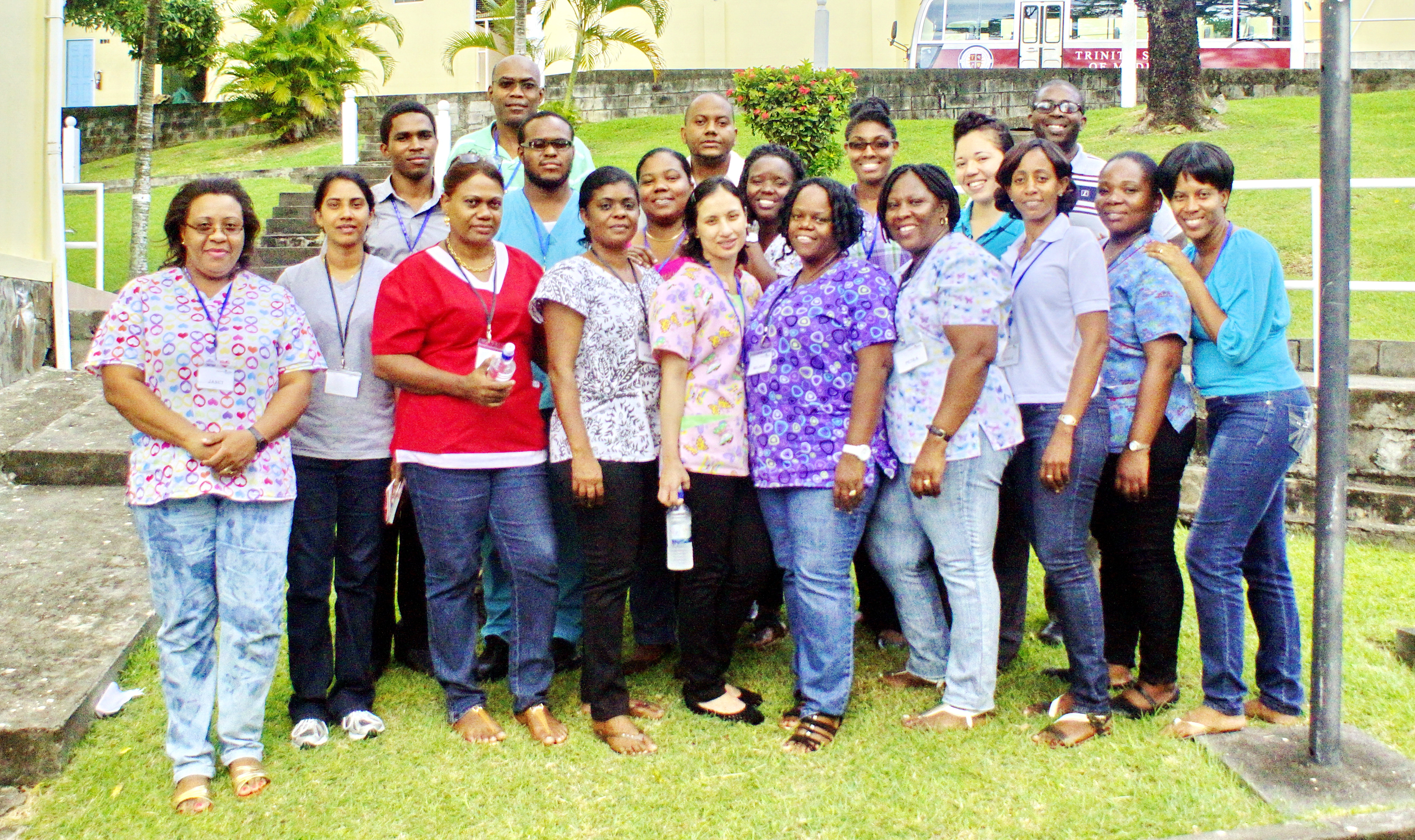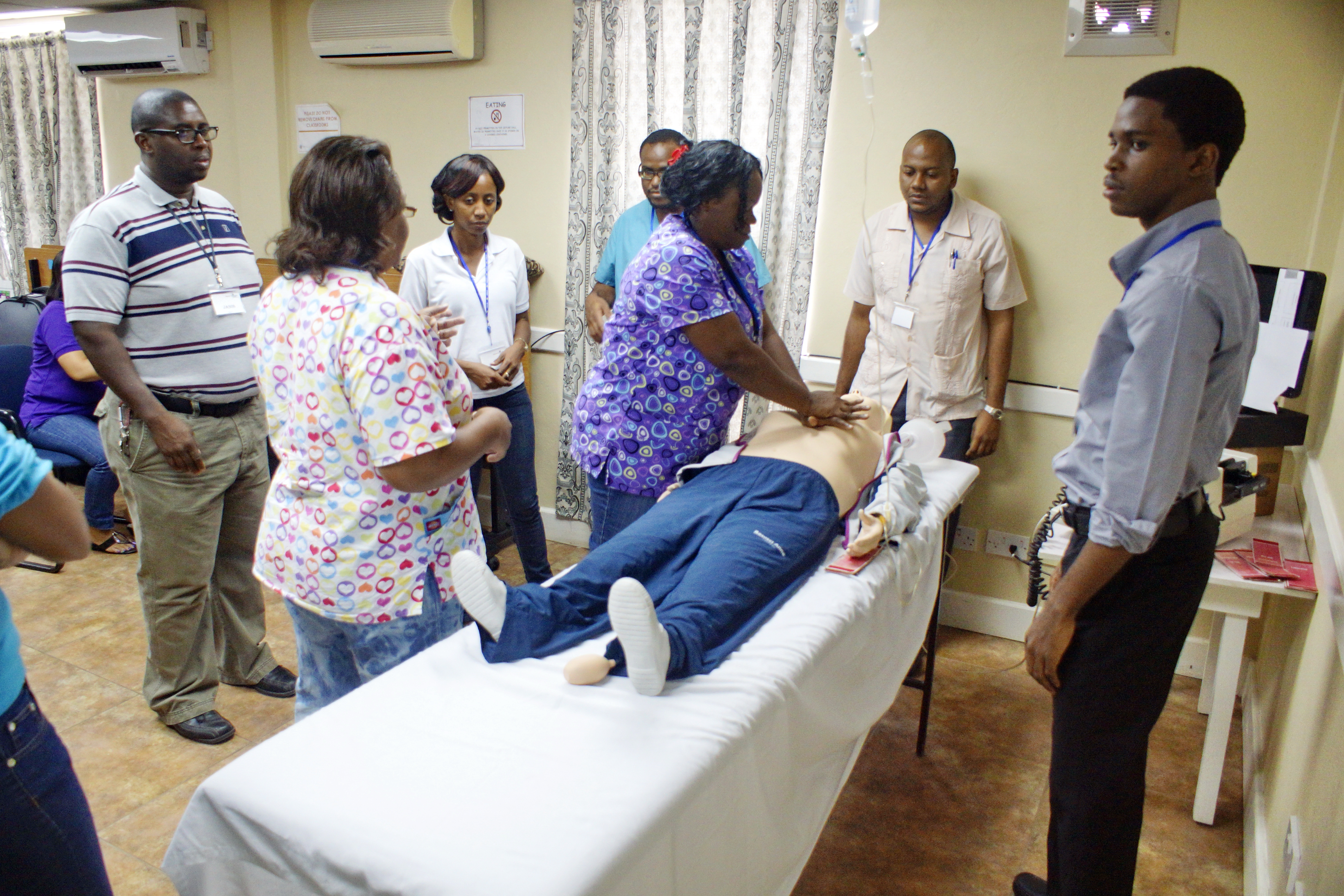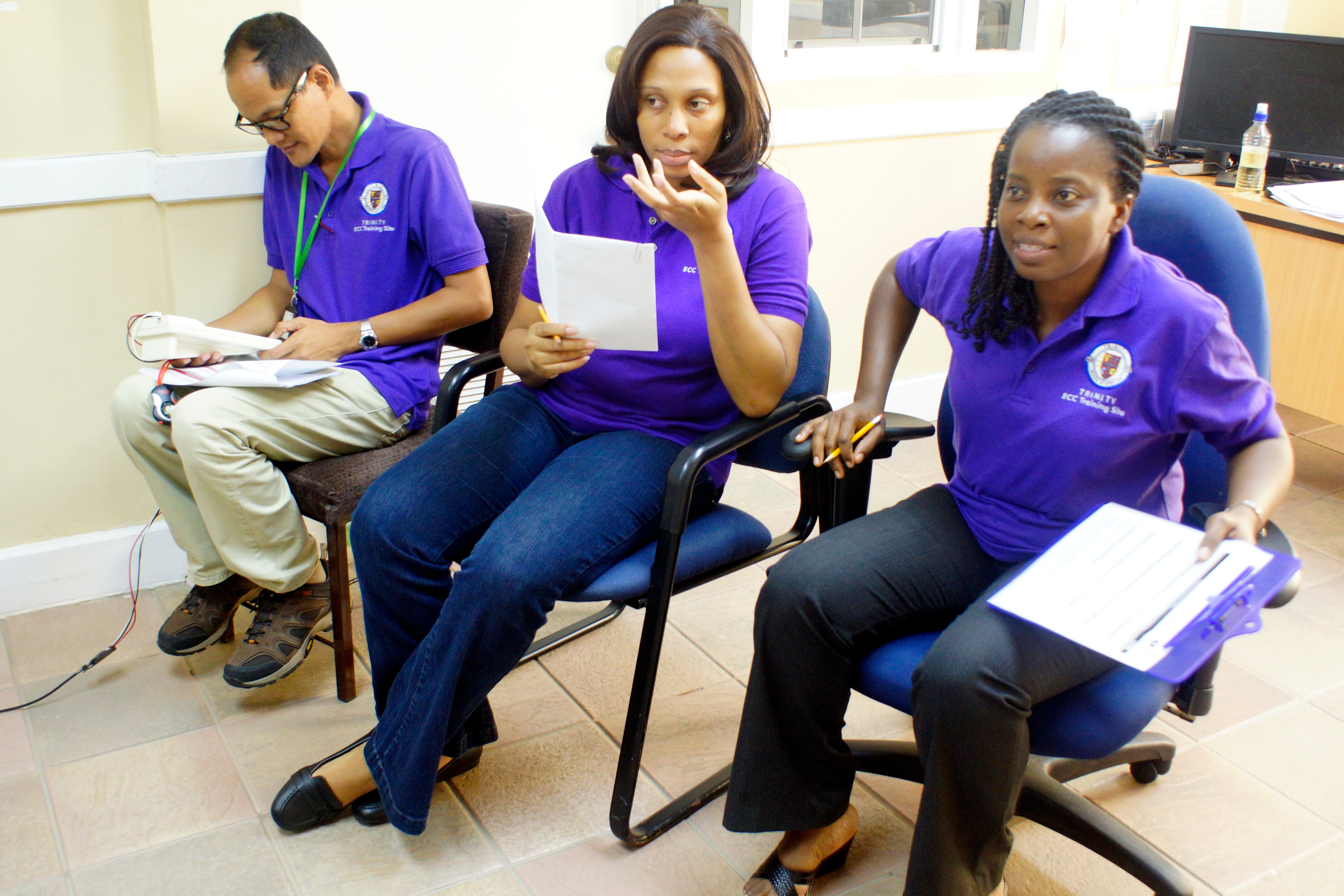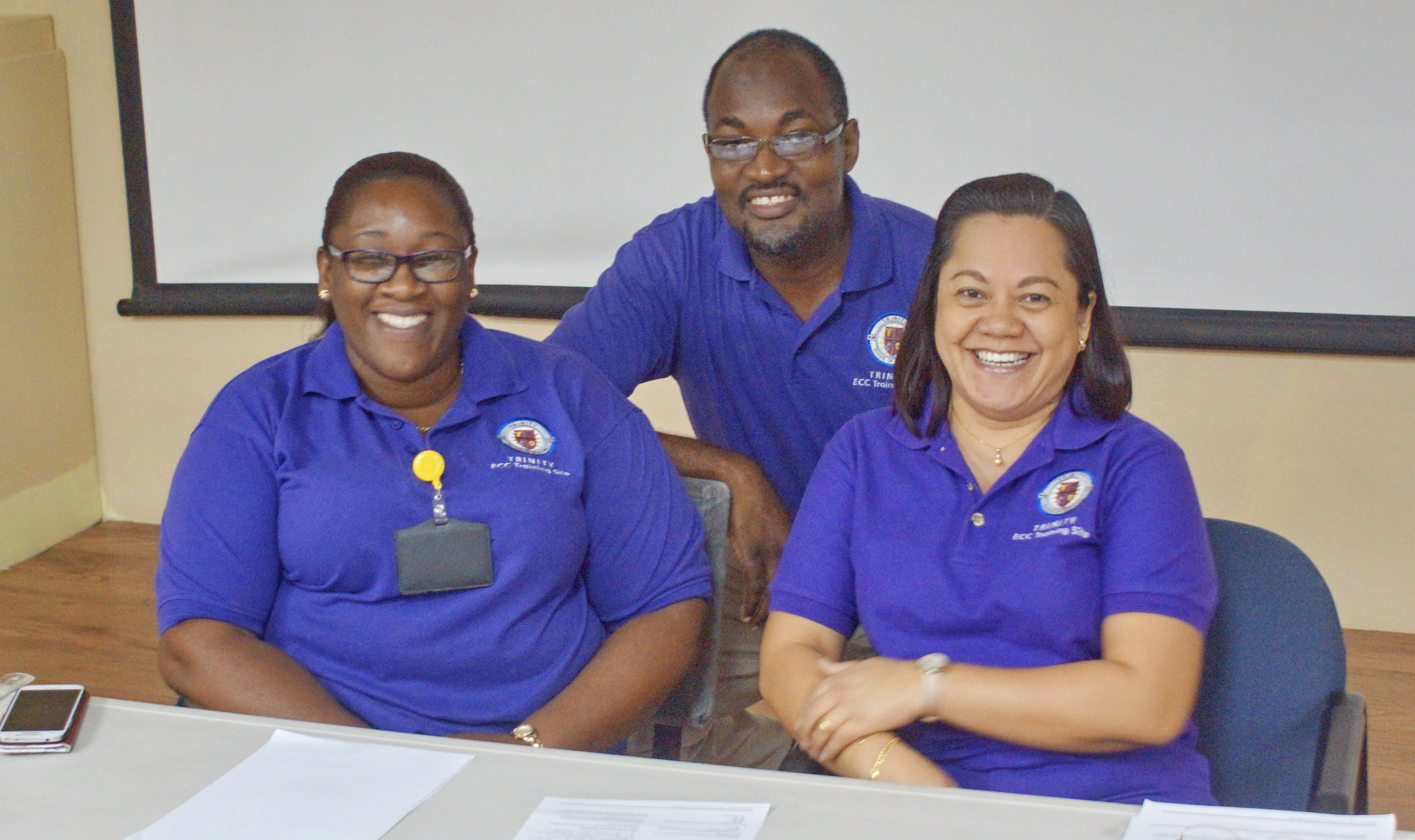The Pan American Health Organization (PAHO) collaborated with Trinity School of Medicine in St. Vincent and the Grenadines to offer the Advanced Cardiac Life Support (ACLS) certification to medical personnel at the Milton Cato Memorial Hospital.
The ACLS is the certification following BLS (basic life support), explained Dr. Conrad Nedd, Trinity faculty as well as site coordinator and lead instructor. In defining the elements of the training, Dr. Nedd explained that, “In the case of BLS, one tends to treat the patient whose heart is not beating and performs CPR for that patient. When the advanced care team arrives, however, not only should they be able to continue that basic life support, but they should also be able to add on measures to help to resuscitate that patient.” Dr. Nedd continued, “The ACLS is a set of protocols that are used to treat a patient who is at risk for cardiac death. It is about recognizing symptoms of heart disease and treating them. The protocols deal with the patient with chest pain, the patient whose heart is beating too slowly, the patient whose heart is beating too fast, and the patient whose heart is not beating at all.”
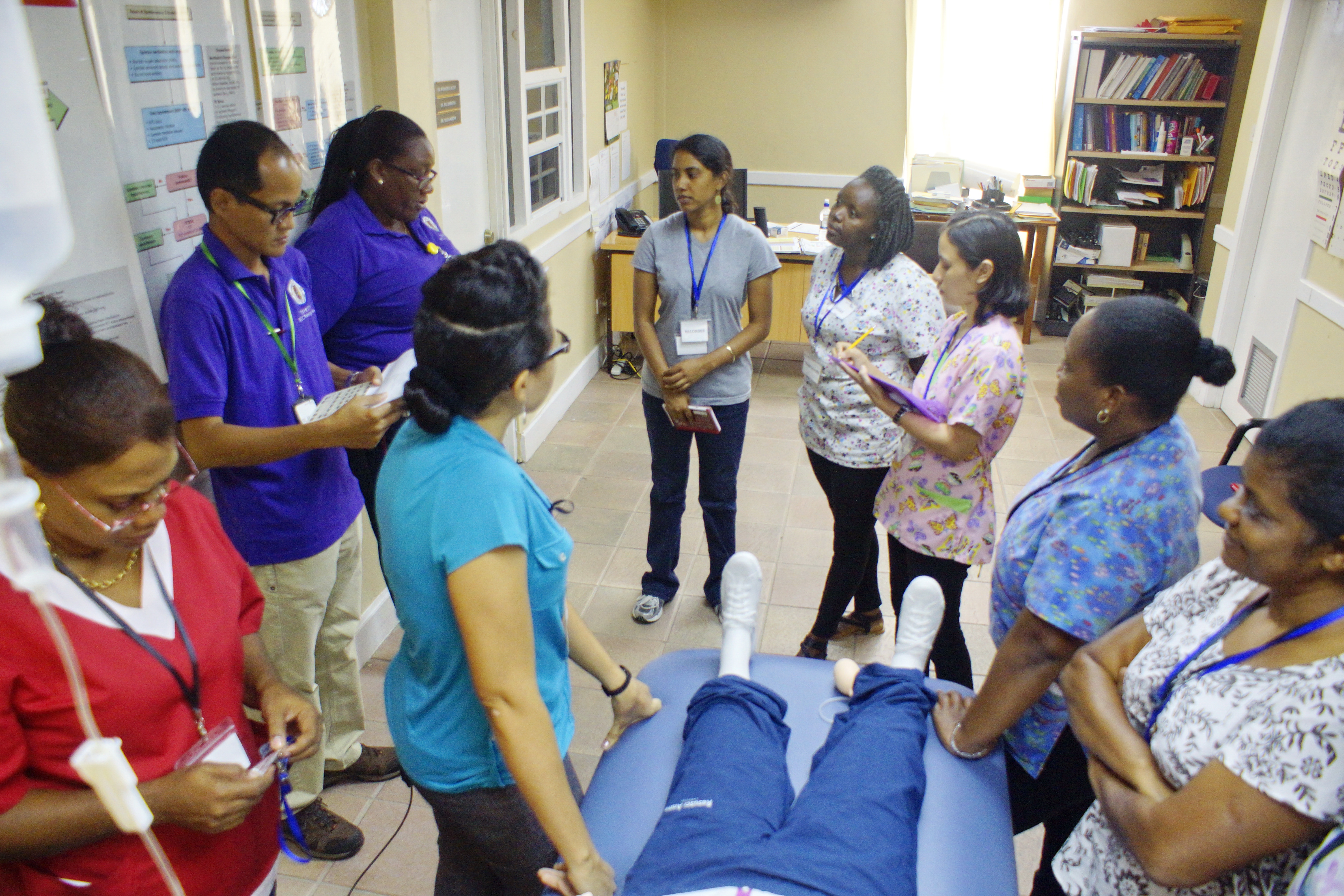
RN Susan Charles thanked Trinity for the opportunity. She added, “Generally, as a staff nurse I am expected to know how to react in certain circumstances, so what I’m learning here, I will be able to put forward whenever the need arises.” Another participant, Dr. Young of the pediatric department said that, “The advanced course participant familiarizes more with drugs used in resuscitation. There is much more advanced airway management and more general patient management than in the BLS.” He hailed the training as useful in his department particularly as patients with congenital heart problems are admitted there regularly. “Once you have myocardial problems, you can go into all kinds of arrhythmias. We have had patients going into failure before and this is the type of training that will better enable us to optimize our treatment of these patients.”
Other participants included OB/GYN staff, emergency department doctors and nurses, and surgical nurses. Course materials and considerations were supplied by the Pan American Health Organization, made possible through a request made by Dr. Simone Keizer-Beache, chief medical officer at the Ministry of Health, Wellness, and the Environment. PAHO’s country program specialist for Saint Vincent and the Grenadines, Anneke Wilson, contacted her organization for funding. The undertaking to provide the training was sponsored by Trinity School of Medicine.
Dr. Nedd explained that, “Trinity has made emergency cardio vascular care now available in St. Vincent and the Grenadines on an ongoing basis. In every instance in the past, we have had to have teams of instructors come in from overseas. In the past year or so, we were able to establish here at Trinity a training corps under the American Heart Association, to provide emergency cardio vascular care and we want to continue to make this available.”
He stated that in many countries, it is now mandatory for all active health care workers in hospitals to be certified and to maintain certification as part of registration and licensure. “We are hoping that that will become the case here in St. Vincent and the Grenadines because of the importance of the knowledge and practical skills,” he added. At the end of the course, an exam is in two stages: written and practical. Six physician instructors from Trinity: Doctors Ibrahim, Scott, and Morris-Patterson (above) and Doctors Jack, Nedd, and Sotto (left) all put the course together.
Trinity brought in American Heart Association faculty to administer the courses themselves, even updating facilities to meet AHA technical guidelines and standards. The participants all expressed interest in expanding the training to more of the hospital’s staff. In turn, Trinity School of Medicine has made a commitment to ensure that this happens.
